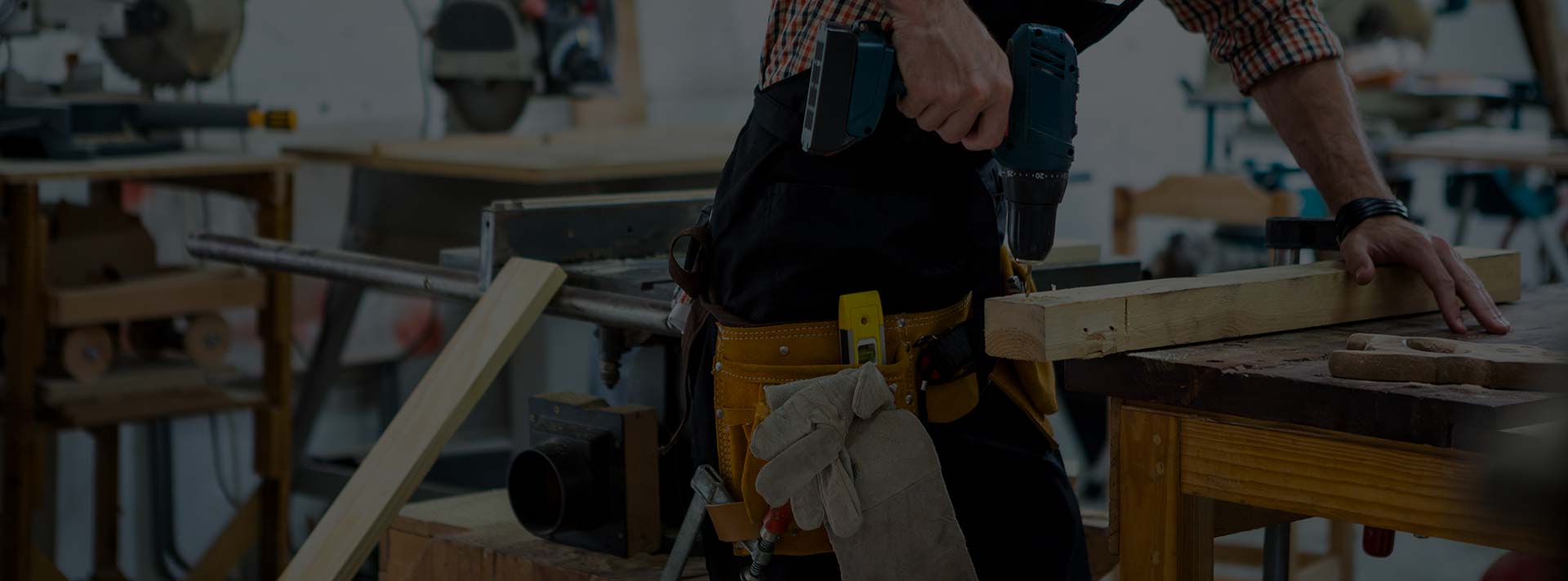Fire & Safety
I write to update you on general Fire safety especially at this time of the year and explain how we can work together to keep safe and prevent fires in your home.

I write to update you on general Fire safety especially at this time of the year and explain how we can work together to keep safe and prevent fires in your home.


Smoking is not allowed in communal areas. If you do smoke in your home, please make sure that you put your cigarettes out properly and dispose of them correctly. Smoking in bed is particularly risky and you should also consider the impact your smoking may have on your neighbours.
If you need to use extra heating or cooling equipment during hot or cold spells, make sure not to overload plug sockets with fans, air condition units or heaters. If you are using this kind of equipment, do not cover vents to prevent overheating.
Candles, incense and oil burners are one of the biggest causes of fire within homes, especially during this time of the year.

If you think there may be a problem with your household appliances, always unplug them and contact the manufacturer and contact Mace Housing if the appliance was supplied by us.
It is also important to register your appliances when you buy them so that if there are any issues, the manufacturer can contact you.
Fire doors play an essential role in stopping fires from spreading and in keeping exit routes safe. Never wedge fire doors open as you will enable fire to spread and put yourself and other residents at risk.

Do not store or leave things in the communal areas. As well as providing extra fuel to help a fire spread, they can block exits and cause people to trip or fall if they are trying to escape from fire.
As a responsible Co-op, we will remove household items from corridors or flammable items from cupboards in communal hallways. If you have any items stored in this way, please remove them. This includes anything blocking an exit – such as bicycles, prams, mobility scooters and even shoes, which are all hazards during a fire. We have the full support of the fire service in tackling this problem and items left in communal areas is one of the most common fire risks identified by the Fire Brigade. If your neighbours are breaking this rule, please ask them politely to remove their stored items. If you feel uncomfortable about asking them, please let us know so that we can deal with it.
Gas safety is one of our number one concerns. Legally, we have to check all gas appliances in rented properties and issue a valid gas safety certificate every 12 months to ensure they are working safely.
Residents must give access into the property to carry out gas safety checks. We will check gas appliances and pipework (we do not check individual own appliances). If you refuse to give us access for gas safety checks, you will be in breach of your tenancy agreement and we may take legal action against you and you will have to pay any associated fees.




It is VITAL that you know the correct way of using a Fire Blanket should you ever have to do so in an emergency at home.
If you have any concerns about Fire safety at your home, please contact the Director of Operations Mr Felix Okene.